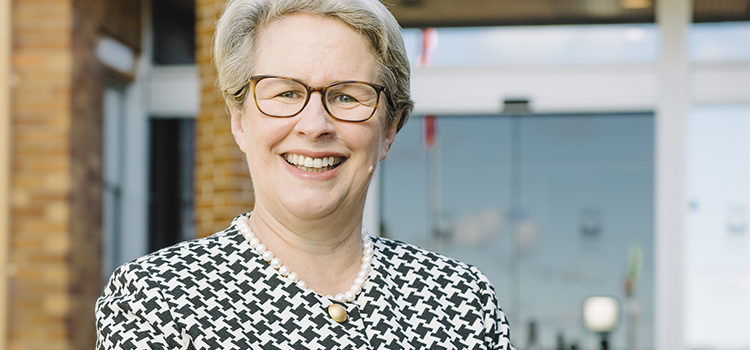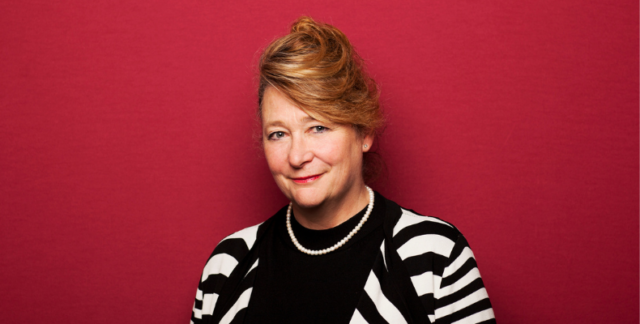We now have over 50% of our senior staff roles filled by women... we were at 33%, five years ago. That’s a really big change, and we have to keep working on it. We’ve got a long way to go.

Among Australian universities, the University of Southern Queensland is one of only two that have had two female vice-chancellors in a row. It looks like the university’s efforts to improve gender equity are paying off.
In this episode of Think Difference, guest host Jirana Boontanjai speaks with Professor Geraldine Mackenzie, Vice-Chancellor of the University of Southern Queensland (UniSQ), about the successes UniSQ has had, the challenges she has faced in 2020, and where she sees the university in 2025.
UniSQ joined SAGE in 2017 and achieved the Athena Swan Bronze Award in 2020.
“We knew there was a real problem with [the numbers of] women in science, and women being overrepresented in other areas. To get the SAGE Bronze Award, [we had] to see where the problems were, the extent of the problem, and then to put in place very directed strategies to solve it.”
Professor Mackenzie said that she is always trying to encourage more women to put their hands up for leadership positions, with varied degrees of success. Proactive efforts are needed to get more women considered for senior positions.
“If there’s not enough women on the shortlist, we ask the recruiter to go back and search much harder […] give us people who have talent, ambition and the right experience, but just haven’t had the opportunity yet to show that in a senior position.
“We’ve put in place mentoring programs [and] interview coaching for anyone who’s applying, so that we can give them the maximum possible opportunity, because we don’t want people to miss out on opportunities because they’re having a bad day […] We want to be much deeper than that and look for the talent where it is, but also to encourage and mentor talent.”
But it’s not just cis women—trans and gender diverse people are also actively supported by UniSQ.
“We have a lot of supports in place, particularly for people who might be going through gender transition, including UniSQ gender transition guidelines. We have an employee toolkit and […] an ally network who works with LGBTQ people and people who might be transitioning, and that’s proven to be enormously supportive,” said Professor Mackenzie.
“We have a very respectful and inclusive workplace, which I hope models out there in the community for other workplaces. We take that responsibility very seriously for our employees, and I think that’s really helped those individuals who are going through those very, very difficult times.”
She said that UniSQ is aiming to be a truly inclusive workplace, with a focus on inclusive language and removal of systemic barriers in policy procedures, strategy, and processes.
“I think the mark of my success will be that we’re having a different conversation in five years time. Five years is actually a short time on this journey, but there’s a lot that we can do, and look at the difference we’ve made in the past five years.”
Listen to episode nine now or catch up on previous episodes. You can also subscribe to Think Difference on Google Podcasts, Apple Podcasts and Spotify.



